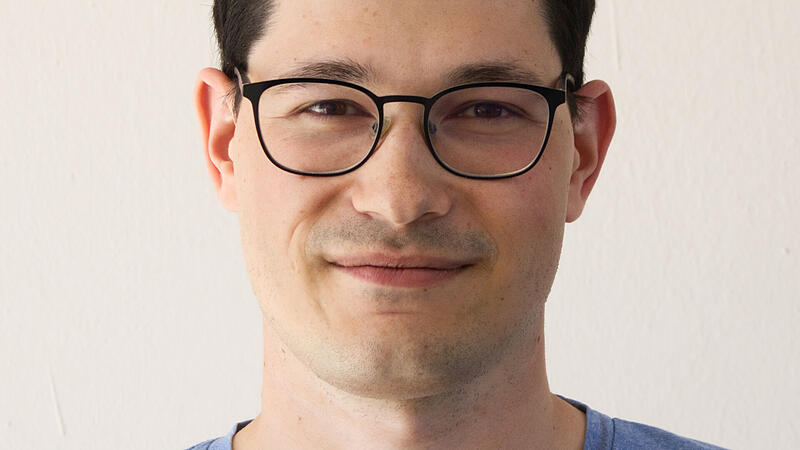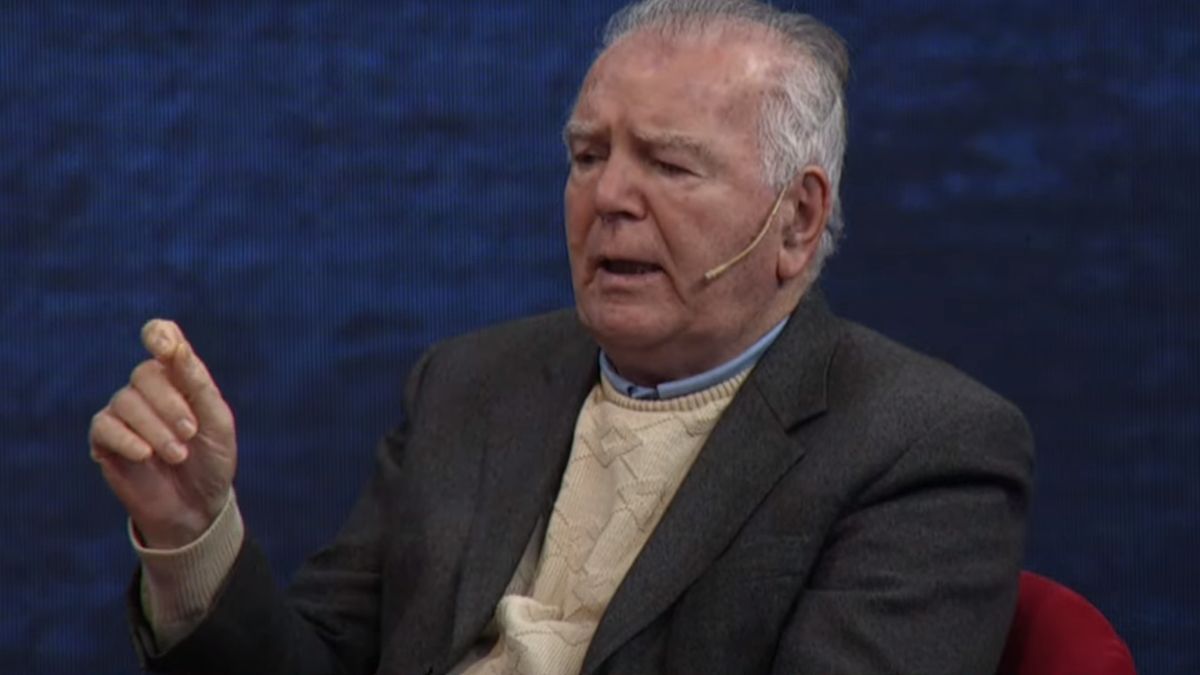If you use a smartphone, power bank or coffee machine, you cannot avoid them: the semiconductors. They are the most important basis of the components in computers. Maximilian Schober from the Institute for Theoretical Physics, Department for Many-Body Systems, studied their fundamental aspects.
Computer chips are getting smaller and more powerful. But physics is slowly reaching its limits. In order to accommodate more and more in ever smaller areas, new research approaches are increasingly needed. Very, very flat systems are often used. In order to develop advanced technologies, the behavior of the electrons in particular must be understood: These “form the essential basis for the functioning of the semiconductors,” says Schober. In his research, he was confronted with two challenges: On the one hand, accounts must be kept for many particles at the same time, and on the other hand, electrons follow the rules of quantum physics.
“real estate brokerage”
In his master’s thesis, Maximilian Schober researched electrons that are trapped in extremely thin layers of various semiconductors. If the particles are forced into such a habitat, they take on different properties. One of them is the so-called Valley, from the English word for “valley”.
Since their energy is particularly low in these valleys, the electrons prefer to settle there. Certain valleys can be made even more “attractive” to them with electrical voltage, so that the electrons prefer to rush there. In addition, electrons have their own direction of rotation, called “spin”, as a typical quantum property: they are forced in two opposite directions with magnetic fields. Mixing spins and valleys results in a multitude of different regimes, which were examined by Schober. His focus was on the coupling between the electrons, which essentially depends on their spins and valleys. During his work, the young researcher gained exciting insights: The interplay of spin and valley causes another quantum mechanical property. In addition, long- and short-range interference must be linked without contradiction.
“The nice thing about my research was that we were able to feed the theories we had set up with data I had calculated myself. That way you have everything from a single source,” says Schober, who is happy to present his work in the struggle for the Macke Award becomes. His results could be useful for new types of electronics: In the so-called “spintronic” and “valleytronic” circuits are based on spin and valley instead of charges as before. This opens the door to new technologies.
Wilhelm Macke Award
Wilhelm Macke was the founding professor of the Linz physics course and was known for his humorous lectures. The Wilhelm Macke Award, named after him, will be presented on September 21 at 2 p.m. in the Circus of Knowledge on the Kepler University campus. Outstanding theses in the field of physics are honored. The winner will be chosen by the audience.
Source: Nachrichten




